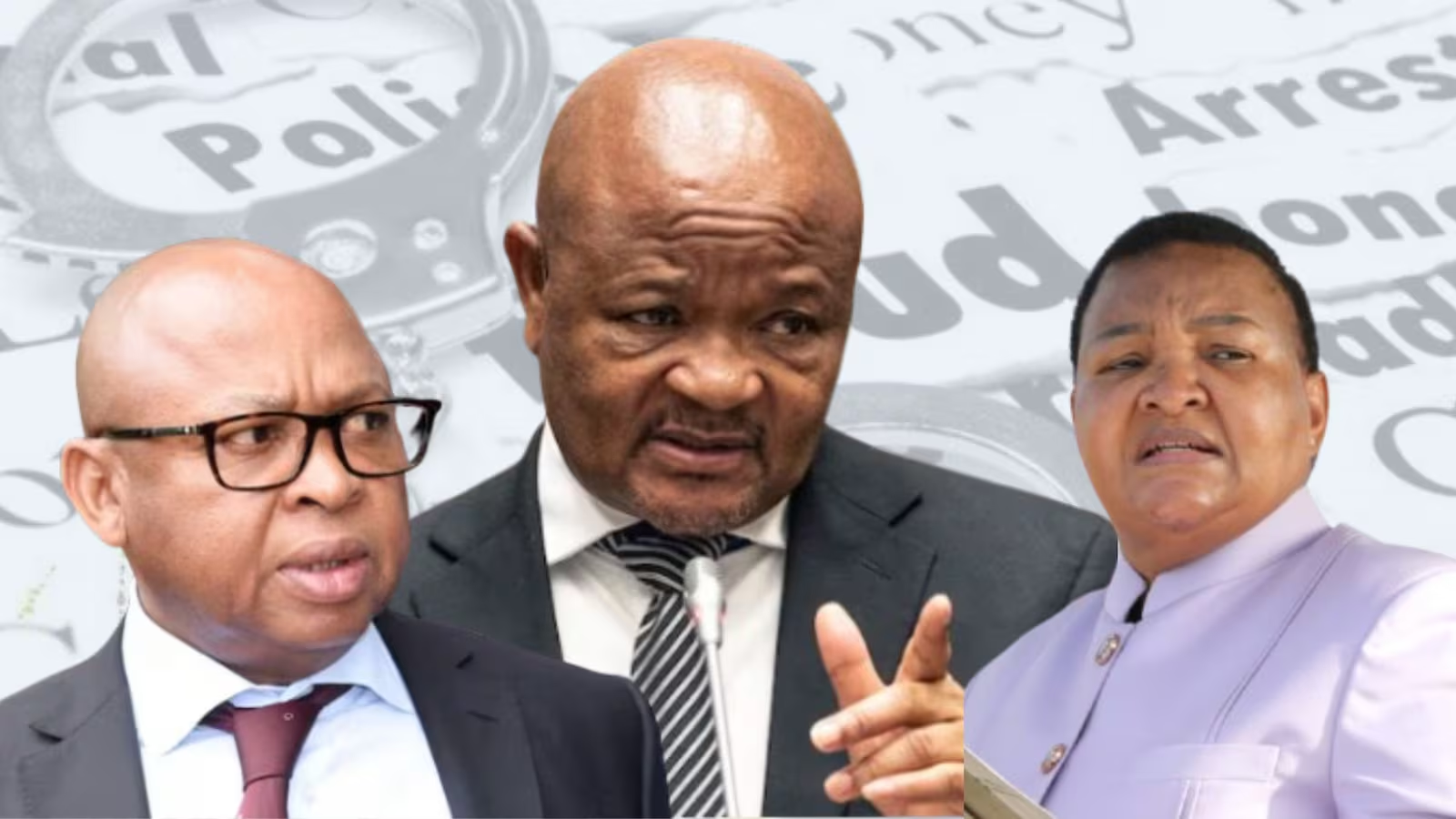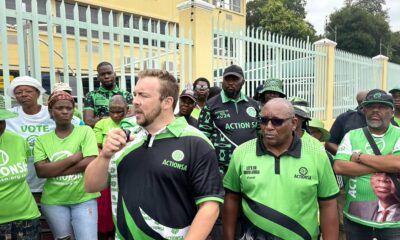It’s a question that strikes at the heart of government efficiency and taxpayer value: what is the purpose of a high-ranking official with no officially defined job? This is not a theoretical puzzle but the real-life situation for South Africa’s two deputy ministers of police, who have now revealed they have been operating for over a year without any formally delegated responsibilities from their minister.
The revelation came from Deputy Minister Cassel Mathale during a parliamentary committee hearing. He and his colleague, Deputy Minister Polly Boshielo, were appointed with much fanfare in June last year. Yet, under the leadership of the now-suspended Minister Senzo Mchunu, their roles were never concretely defined. The reason given? The minister was reportedly still “familiarising himself with the office.”
A Day in the Life of a Deputy Minister
This administrative limbo prompted a brutally simple question from ANC MP Xola Nqola, echoing the thoughts of many citizens: “You wake up, go to the office and do what?”
Mathale’s defence was that the lack of a signed document does not mean a lack of work. He argued that the South African Police Service (SAPS) is a “huge” and “complex” department, implying that there is always general work to be done to ensure the ministry is functional. He insisted they were “not just sitting in the office,” and that there is inherent “relevance in their creation.”
However, this raises more questions than it answers. Without a clear mandate, how is their performance measured? How are conflicts of authority avoided? And crucially, how does their work align with the government’s stated priorities for fighting crime?
The Cost of Ambiguity
This situation isn’t just a bureaucratic curiosity; it has a real-world cost. According to estimates from the Parliamentary Monitoring Group, the annual salary for a deputy minister is approximately R2.4 million. For two deputies over a year, that represents a public investment of nearly R5 million, not including benefits, support staff, and operational expenses.
For taxpayers funding these positions, and for a public desperate for effective policing, the ambiguity is deeply concerning. It feeds a perception of government bloatwhere well-remunerated positions are created without a clear, actionable plan for how they will contribute to solving the country’s most pressing issues, in this case, rampant crime.
A Test of Leadership and Accountability
The core of the issue transcends these two individuals. It becomes a test of the executive’s ability to manage its own structure effectively. A minister who takes over a year to delegate duties to their immediate team suggests a leadership vacuum at the very top of a critical security portfolio.
While Mathale has now indicated that the minister was “ready to delegate,” this delay has already exposed a significant governance weakness. In a country grappling with police resourcing and high-level corruption within the state, the question isn’t just whether we need two deputy ministers. The more urgent question is whether we can afford to have any senior government officials in roles that are not sharply defined, fully empowered, and held directly accountable for delivering tangible results.




























